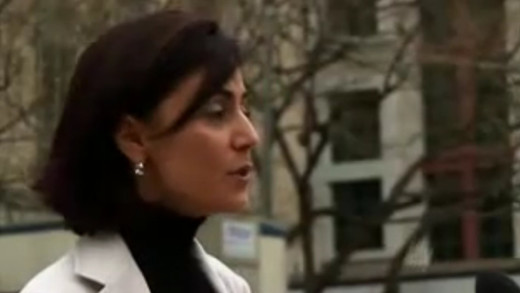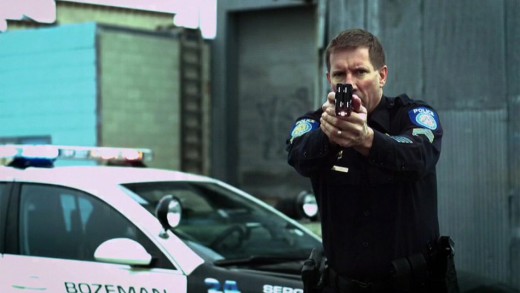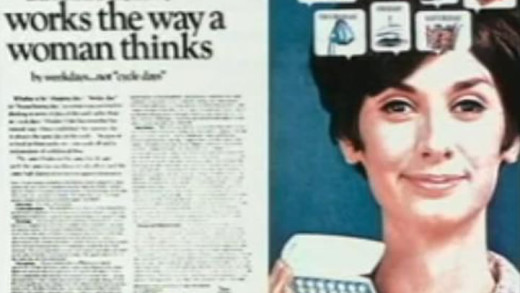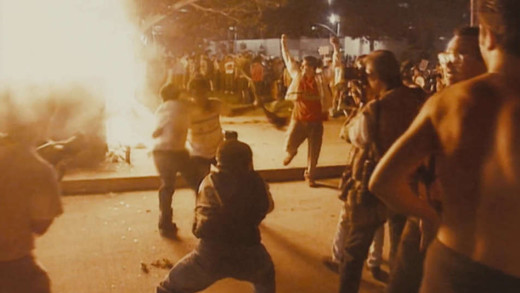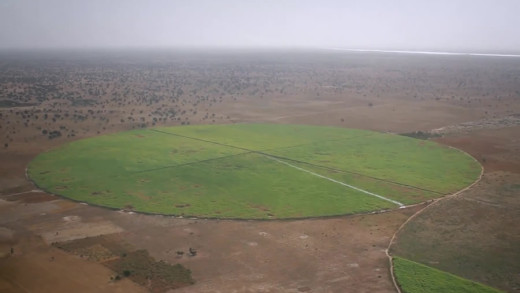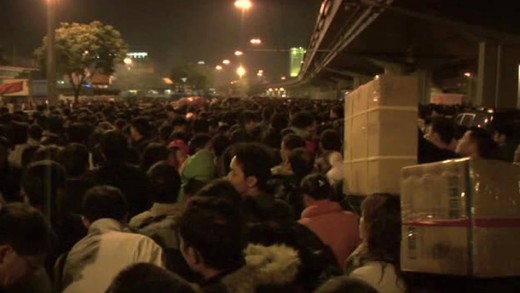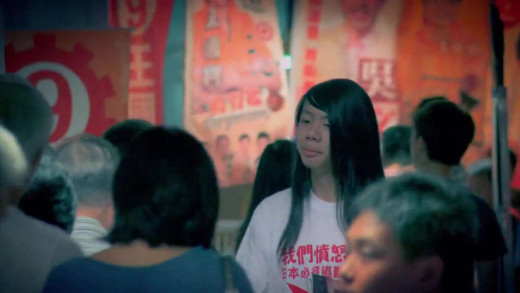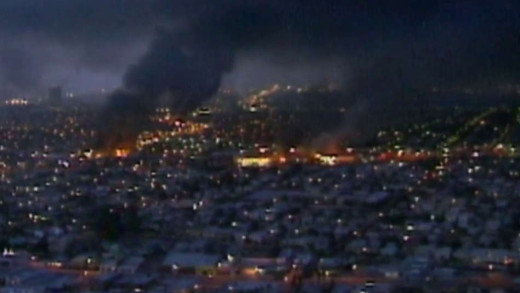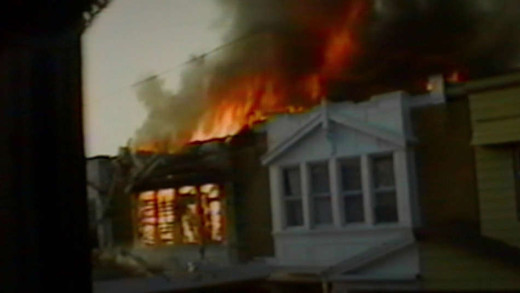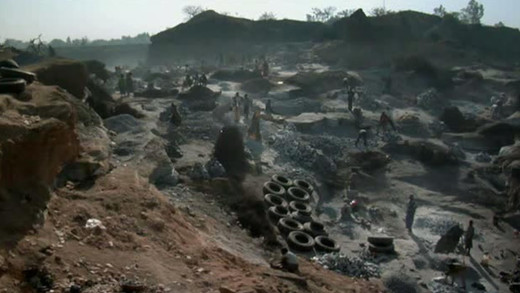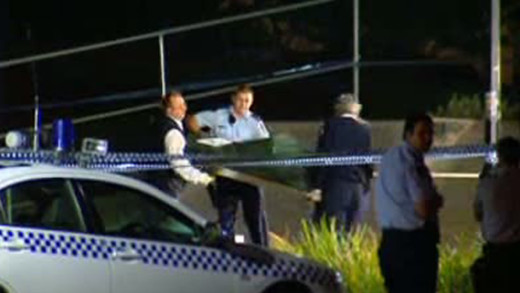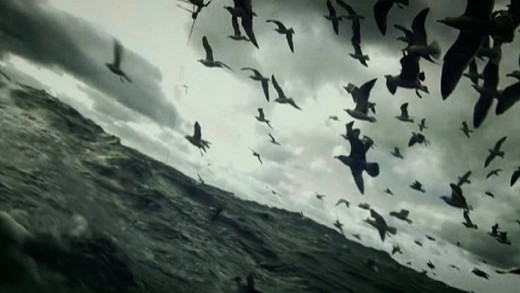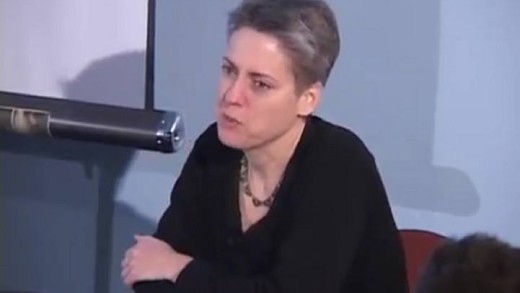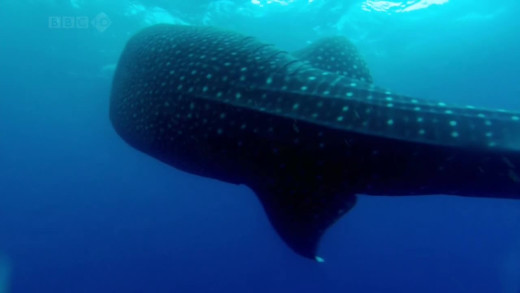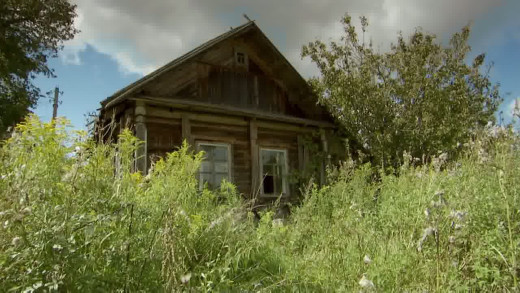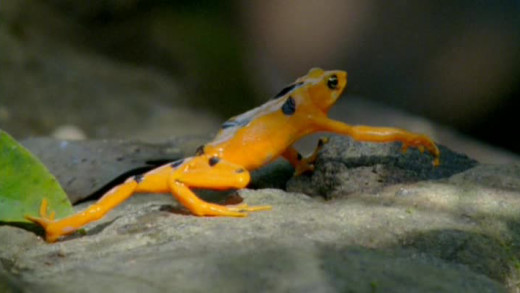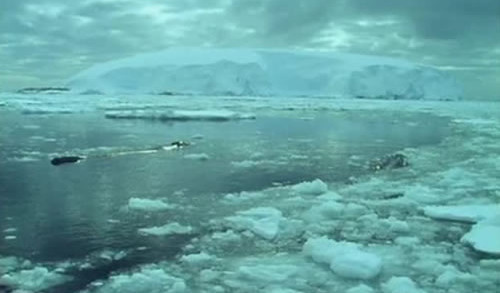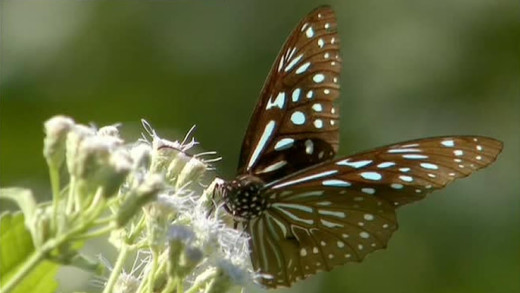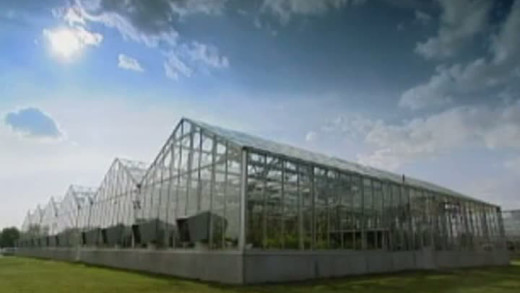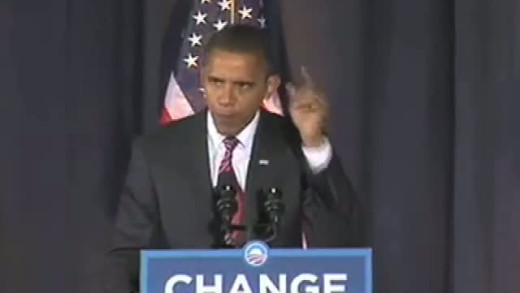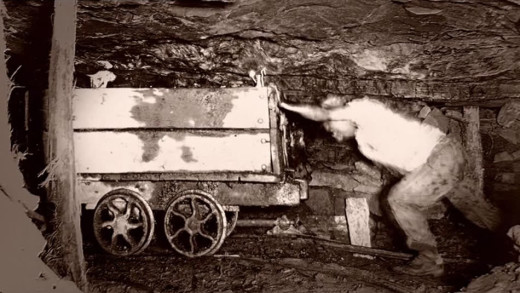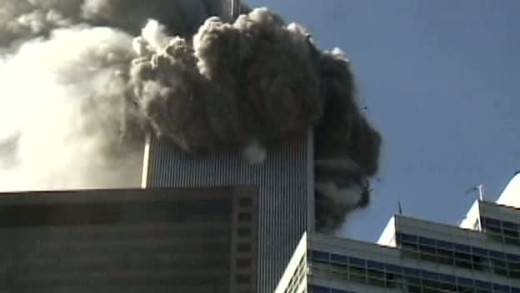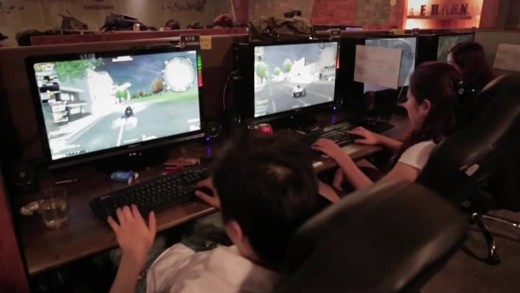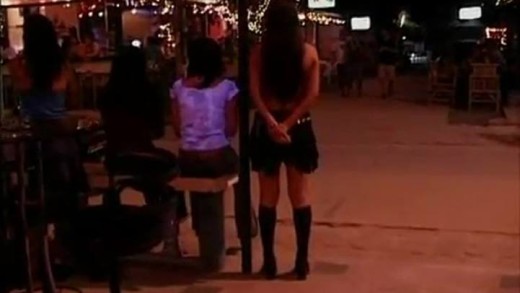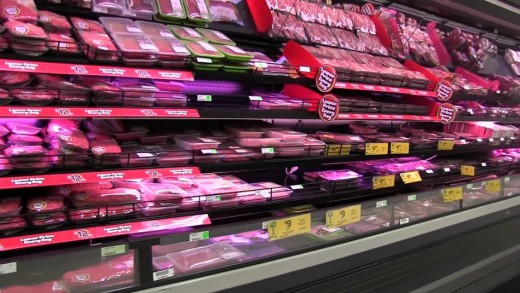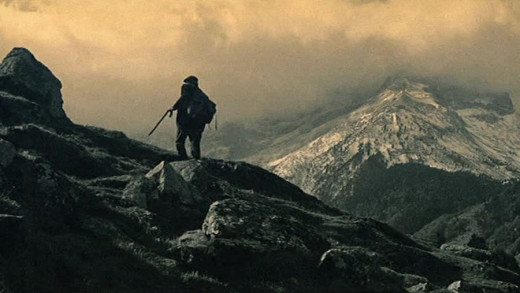In the wake of September 11, 2001, Sibel Edmonds is approached by the FBI. As an American of Iranian and Turkish origin, Edmonds' linguistic skill-set makes her a valuable asset to the Language Services Unit, where she spends months translating high-security clearance documents. One day shortly after reporting the possible infiltration of her unit by Turkish spies to her supervisors and their supervisors, Edmonds' world is turned upside-down. Instead of seeing her colleague become the target of an investigation, she is interrogated, then unceremoniously fired and warned not to pursue her claims any further as she would be watched and listened to. Kill The Messenger documents both Edmonds' personal struggle to expose the criminality uncovered while at the FBI, and also the September 11 tied 'secret' itself--the network of nuclear black-market, narcotics and illegal arms trafficking activities.
In the early 2000s, two brothers garnered tremendous wealth when they started a company selling so-called "non-lethal" taser weapons, which quickly saturated police agencies and reinforced a culture of trigger-happy police officers. But instead of "saving lives" as was the catch-cry of the taser, and the company, the weapons were instead commonly used for pain compliance, and lead to a spurious string of deaths. The company didn't back down. They insisted, despite mounting evidence to the contrary, that their weapon was safe and not at fault—not even a contributing factor—in the killings. Killing Them Safely delves into this troublesome mindset and that of the company, as well as the social implications of such weapons in a problematic police culture.
Author and activist Jean Kilbourne analyses the depiction of women in advertising and media by decoding a large array of print and television ads. What is revealed is a torrent of stereotypes; sexist and misogynistic images and messages; laying bare a world of frighteningly thin women in positions of subservience; collectively, the restrictive code of femininity that works to undermine girls and women in the real world. By examining these messages, Killing Us Softly asks us to take advertising seriously, and to think critically about its relationship to sexism, eating disorders, violence against women, popular culture, and contemporary politics.
King Corn follows two college friends curious about the food system, as they decide to have a shot at farming an acre of corn. In the process, the two examine the role that the increasing production of corn has had across not only on the concepts of industrial food, but the health of the land, the health of the environment, and the health of people. The film spotlights the role of government subsidies which make huge monocrops of corn possible, which itself has—as industrial agriculture—a catastrophic ecological impact, but in-turn drives factory-farming of animals and other atrocities such as the production of high-fructose corn syrup which is saturated throughout industrial food, not least, fast-food. We see how this industrialisation has eliminated the family farm and local food production—things which are increasingly impossible in this brutal arrangement of corporate power.
Kingdom of Plants reveals a whole new dimension in the lives of plants, from the most bizarre to the most beautiful. Using time-lapse and pioneering techniques in macro photography, naturalist David Attenborough traces plants from their beginnings on land to their vital place in nature today. We also move from our time scale to theirs, revealing the true nature of plants as creatures that are every bit as dynamic as animals. Attenborough discovers a microscopic world that's invisible to the naked eye, where insects feed and breed, where flowers fluoresce and where plants communicate with each other and with animals using scent and sound.
Consisting entirely of archival footage, LA '92 chronicles the 1992 Los Angeles riots, 25 years after they have passed. It includes film and video from the 1965 Watts Riots, the 1973 election of Tom Bradley, the 1978 promotion of Daryl Gates to Chief of LA Police, the shooting of Latasha Harlins, the Rodney King videotape, and the subsequent riots and violence that erupted after the acquittal of the officers involved in King's beating.
Rich, land-hungry nations like China and Saudi Arabia are rushing to Mali, West Africa, to grab up land for large agribusiness investments. Malian peasants do not welcome these developments however, seeing this as yet another manifestation of imperialism. Indeed local farmers themselves are being forced off the land by their own governments to allow foreign interests in, promising large sums of money. Land titles are denied, lands are cleared and families moved on. Though as Mali experiences a military coup and developers are frightened off, the situation improves for local farmers...
Every spring in China, 130 million migrant workers exit the cities and travel back to their home villages for the New Year's holiday. This exodus is the world's largest human migration, a spectacle that demonstrates the world of a rapacious acculturating industrialism against the life of a rural past. Last Train Home follows the lives of one family who have embarked on the journey of hard labour and home again for almost two decades. One story of many of the human cost of China's ascendence as an economic superpower.
Filmed over 18 months, Lessons in Dissent is a kaleidoscopic portrait of a new generation of Hong Kong democracy activists. 18-year-old Joshua Wong dedicates himself to stopping the introduction of National Education. His campaign begins to snowball when an interview goes viral on social media. With the new school year fast approaching, a showdown with the government seems inevitable. So with a microphone in hand, and still in his school uniform, he takes to the streets to protest, along with 120,000 people in support. Meanwhile, former classmate Ma Jai fights against political oppression on the streets and in the courts. Having dropped out of school and dedicated himself to the movement, he endures the persecution suffered by those not lucky enough to be protected by the glare of the media. Lessons in Dissent catapults the viewer on to the streets of Hong Kong, confronting the viewer with the country's rising energy of dissent.
Let It Fall: Los Angeles 1982–1992 is a deep examination of a tumultuous decade in the city of Los Angeles, United States, leading up to the events of April 29, 1992, when the verdict was announced in the Rodney King case. The film traverses the conflicts between law enforcement and the black community to look at tensions across the city as a whole, and traces the roots of civil unrest to a decade before uprisings, as told through interviews with eyewitnesses and people directly involved in the events from diverse neighbourhoods across the city, including black, white, Hispanic, Korean, and Japanese Americans.
Let the Fire Burn documents the conflict of the City of Philadelphia and the Black Liberation organisation MOVE, that led to a disastrously violent confrontation in 1985. MOVE was originally established as a "back to nature" movement that practised green methods, and in May 1985, the Philadelphia Police Department decided to take action to evict the group from their row house at 6221 Osage Avenue. When gunfire broke out and tear gas was not enough to pull the MOVE members out of the house, the police decided to drop explosives on the house. A fire soon began to blaze, endangering the several children now trapped inside the house. In a controversial decision, the police opted to let the fire burn, resulting in the destruction of over 60 homes and the death of five children and six adults. Eleven people died in the resulting fire, and more than 250 people in the neighbourhood were left homeless. Ramona Africa, one of the two survivors, said that police fired at those trying to escape. The investigation commission that followed found that city leaders and law enforcement had acted negligently, but no criminal charges were filed.
Let's Make Money investigates the development of the world-wide financial system, showing that elitists economically exploit the rest of society, especially in the developing world, but also in western nations. Using the savings of a typical depositor as a case study, the film moves around the global system, showing exploitation at many levels. There are several interviews with investment managers, politicians, economists as well as homeless people and workers who give their take on the system and its impacts...
Lethal Force takes a detailed look at four incidents, in different parts of Australia, where people suffering mental illness or psychological distress died after being shot or tasered by police. Specifically detailed is how in certain cases, the victims had even sought help at hospital and after having left of their own free will, were shot dead by police...
Leviathan is an immerse film documenting the toll that commercial fishing continues to take on the life of the ocean. The message is explicit in the imagery of the film, which largely avoids exposition and context; goes on without narration, unfolding largely in the dark of night. Attesting to the power of estrangement and visceral imagery, Heavy-metal music coincides with heavy machinery, grinding gears and chains, to also similarly portray the repetitive hard-work of trawling life, against the collapse of ocean-life.
The terms 'liberal' and 'radical' have been thrown around a lot in political discourse over the past decades, largely with lost meaning. This is a significant gap in our political understandings as the worldview of liberal activists and radical activists are conceptually different--an education that most of us never had. Writer and activist Lierre Keith regrounds these differences as part of a larger understanding of how effective resistance can be nurtured and sustained.
Life is a ten part series that takes a global view of the specialised strategies and behaviour that living things have developed in order to survive. The series illustrates the common features that have contributed to the success of each species, focusing in on specific groups as the series progresses.
In 1986, a catastrophic nuclear accident occurred at the Chernobyl Nuclear Power Plant in Ukraine. An explosion and fire released large quantities of radioactive contamination into the atmosphere, which spread over much of Western USSR and Europe. Life After Chernobyl uses this event to show how wild nature reacts and survives when the world is suddenly rid of the impacts of industrialisation. Travelling to the site of Chernobyl, animals return, forests regrow, buildings disintegrate into grass -- perhaps saying in a rather horrific way that a nuclear accident is better for the natural world than industrial civilisation...
Life In Cold Blood is a five part series studying the evolution and habits of amphibians and reptiles, presented by David Attenborough.
Life In The Freezer is a study of the seasonal cycle of Antarctica, exploring how different species survive throughout the course of a year.
Life In The Undergrowth specifically focuses on the life, evolution and habits of invertebrates from all over the world.
The controversies of corporations owning DNA, enforcing patents on living species, and pushing Genetically Modified seeds and crops across the globe, come together in Life Running Out Of Control. The battle between corporations and farmers is central to the film, with rapacious corporations such as Monsanto making claims that they are "improving upon nature," only to be met with fierce opposition from farmers, activists and local communities that show this is not the case. The film also explores the issues of the loss of biodiversity, to health concerns about Genetically Modified food, to the effects of GMOs in the environment.
Lifting The Veil explores the historical role of political parties in the United States as the graveyard of social movements, the massive influence of corporate financing in elections, the absurd disparities of wealth, the continuity and escalation of neoconservative policies with the Obama administration, the insufficiency of mere voting as a path to reform, and differing conceptions of democracy itself. Lifting The Veil exposes the vast hypocrisy of the United States government, with a sense of urgency to bring about real systemic social and political change...
In 1929, in the face of collapsing demand for coal and a deepening economic crisis, mine owners in the Hunter Valley of New South Wales, Australia; announced, with the support of government, that they would cut miners' wages and strip them of their workers rights. When the workers refused to agree to these terms the mine owners locked the gates. 10,000 miners, pit boys and their families now found themselves without a job. What began as an dispute about industrial labour ended up overpowering a government, crippling an industry and besieging a community. This event challenged the rights of every Australian worker, and redefined the political and industrial landscape of a country that witnessed an event forever remembered as 'The Great Australian Lockout.'
Loose Change is a series of films that present evidence that the September 11, 2001 attacks were planned and conducted by elements of the United States government. The series also examines anomalies in the historical record of the attacks while drawing comparisons from some of the many mysterious and renowned events that have reshaped world history, such as the Reichstag Fire in 1933 that catapulted Hitler to dictatorship and the Gulf of Tonkin Incident in 1964 that led to the Vietnam War.
In 2010, the death of a three-month-old baby in South Korea named Sarang (translated as Love) became an international news story—the parents had neglected her to play an online fantasy game. She died primarily of malnutrition. But instead of merely condemning the parents, Love Child takes a different approach by looking at some issues that led to the parents addiction and how their child became oblivious to them. The film then expands to view the way South Korea's standing as a world leader in Internet technologies has adversely affected its society, speaking also globally, where the virtual world now trumps the real world for many millions of people, with extreme consequences.
With its tropical beaches and buzzing nightlife, the island of Koh Samui in the Gulf of Thailand attracts many hundreds of thousands of tourists each year. The island is renowned in the West for sex tourism, and every year many male tourists form relationships with women working in the bars of Koh Samui. But how does this work? And what dynamics are at play? Love Me Long Time is a film that speaks to the men that travel back and forth to Thailand for these holiday romances that are for sale in a country ravaged by the oppression of the west, human trafficking and prostitution driven by poverty. Do these men know what they're doing?
Lucent is a grim accounting of the realities of factory farming in Australia. Documented are some of the conditions and day-to-day operations of industrial meat production—from farrowing crates or cages, to artificial insemination, to so-called free range; and of course, to mechanistic slaughter devoid of exchange. The film focuses mainly on pigs but also briefly looks at the issues facing other animals raised and killed for food in industrial conditions.
There are plenty of anarchists in the world. Many have committed robbery or smuggling for their cause. Fewer have discussed strategies with Che Guevara or saved the skin of Eldridge Cleaver, the leader of the Black Panthers. There is only one who has done all that, and also brought to its knees the most powerful bank in the world by forging travellers cheques, without missing a single day of work bricklaying. He is Lucio Urtubia from a tiny village in Navarra in North of Spain. Lucio, 75, now lives in Paris, still doing valued political work. Lucio has been protagonist and witness to many of the historic events of the second half of the 20th century. His family was persecuted by Franco's regime; he was on the streets of Paris for the phenomenon of May of 1968; he actively supported Castro's revolution; and helped thousands of exiled people by providing false documents to them. But without a doubt, his greatest triumph came in the second half of the 1970s where he swindled 25 million dollars from the First National Bank--or Citibank--to later invest the money in causes he believed in.
